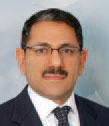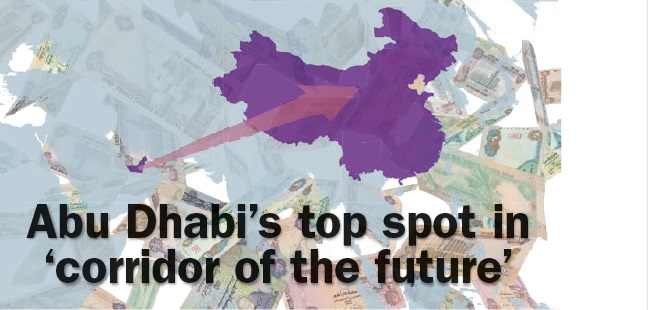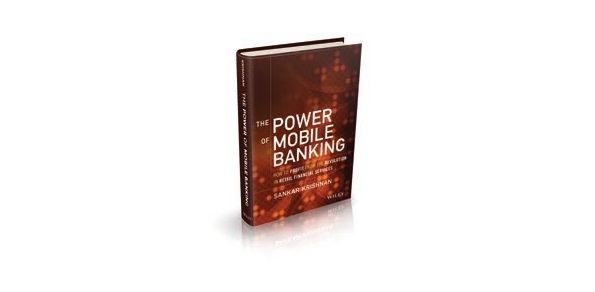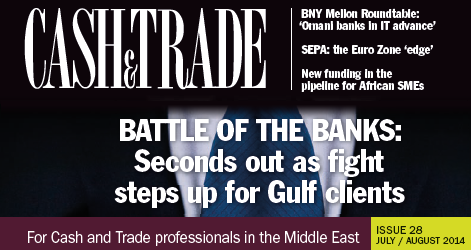
Dear Reader,
If competition is healthy, as most generally agree, then the UAE is at a peak of fitness!
Currently, the Emirates are being seen as a “battleground” where international and domestic banks are displaying their respective wares in a bid to win new trading customers, all to the benefit of local corporates.
As we explain in this issue, much bank activity has centred on providing services to the Gulf’s government-controlled oil companies. Securing this business remains important, but private sector growth and diversification of the region’s economies presents banks with more opportunities to provide transaction banking and trade financing services to a new and expanding group of customers.
In the UAE, this business is being fought over. International banks are pitching their global network and internet prowess against domestic banks’ long relationships with local businesses and more extensive local branch network offerings.
As a result, it’s said that expanding companies are increasingly questioning the wisdom of working with local banks when they can use an international one that has a network in place ready to service not only today’s transaction banking and trade needs, but requirements that might arise in the future as business grows.
Whatever the outcome, the competition is boosting the services and products offered to UAE companies.
On a more doleful note, we report in another article that more than 38 per cent of those in the Middle East who responded to an economic crime survey said they expected their organisations to be victims within the next two years.
The fact is that MENA is fast becoming a prime target of cyber crime, according to the AccessData Group, a leader in digital investigations, cyber security and e-discovery solutions, which believes that everyone as a whole has a duty to “raise awareness about this growing concern”.
The company’s warning comes on top of the World Economic Forum Global Risk Report 2014 highlighting a number of dangers that, it says, could undermine e-commerce.
Due to celebrate its 15th anniversary in 2015, the Islamic Corporation for the Development of the Private Sector (ICD), the private sector funding arm of the Islamic Development Bank (IDB) Group, is a multilateral on the move. And, as part of its mainspring, it is now at the forefront of a massive programme to support SMEs.
Its aim is to drive the private sector in the IDB’s 56-member countries to help contribute to the achievement of the 20 per cent target for intra-Islamic trade by 2015 set by the bank.
As we report in this edition, its reputation in this respect is solid: it has already approved $2.17bn worth of financing for 219 projects since its inception.
Now it wishes to diversify its activities to other regions, including Central Asia, South and South East Asia and Africa. In fact, given that some 21 IDB member countries are from the Sub-Saharan African region, ICD, confirmed a spokesman, “is now interested in expanding its work in Africa”.
Omani banks are gearing up on the IT front following a Royal Decree encouraging the market to adopt more technology. This was one of the facts that emerged from a BNY Mellon Roundtable in Muscat, at which the questions were put by Cash&Trade
One participant said he thought that the market was ready to embrace technology; “however, there is a shortfall among Omani banks. What Oman needs is a lead bank that introduces, promotes and supports technology”.
This issue also reveals that the GCC Tajara Monitor series for the financial year 2013 is shortly to be released beginning with an analysis for the KSA, which discloses that the Kingdom has confirmed its position as a “growth economy”.
 Cash And Trade Magazine For Cash and Trade professionals in the Middle East
Cash And Trade Magazine For Cash and Trade professionals in the Middle East



